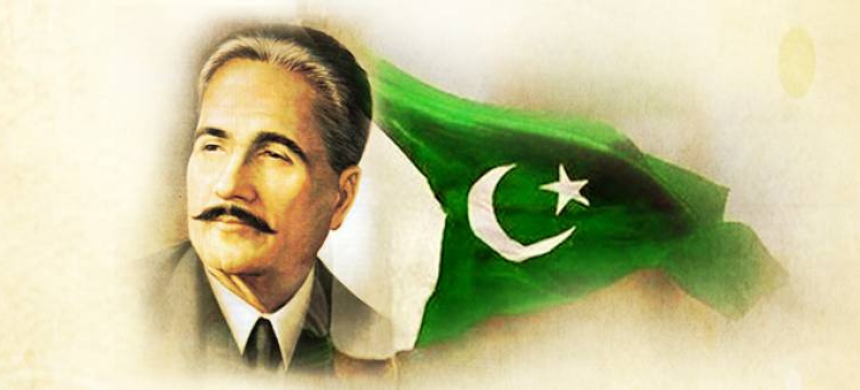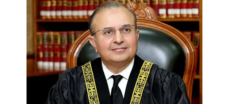Pakistan Pays Tribute to Allama Iqbal on 87th Death Anniversary
ISLAMABAD – Pakistan solemnly commemorated the 87th death anniversary of Allama Muhammad Iqbal, the national poet and visionary philosopher, on Monday. Ceremonies and events across the country celebrated Iqbal’s enduring contributions to the ideology and creation of Pakistan.
A special tribute event was organized at the Pakistan National Council of Arts (PNCA) in Islamabad, alongside nationwide activities such as seminars, poetry sessions, and intellectual discussions, all dedicated to honouring the legacy of the “Poet of the East.”
President and Prime Minister Highlight Iqbal’s Visionary Legacy
In their commemorative messages, President Asif Ali Zardari and Prime Minister Shehbaz Sharif called upon the nation to embrace Iqbal’s philosophy of Khudi (selfhood), reformation, and the revival of the Muslim Ummah.
President Zardari emphasized Iqbal’s role as a reformer who awakened the Muslims of the subcontinent through his poetry and vision.
Read more: Allama Iqbal University Introduces New Scholarship Program
“Iqbal felt the pain of the Islamic world’s decline and rekindled a sense of identity and purpose among Muslims,” the president said.
He added that Iqbal’s teachings on self-reliance, intellectual freedom, and divine love are especially relevant in tackling today’s challenges.
Zardari also referred to Iqbal’s Allahabad Address of 1930 as the first formal articulation of the idea for a separate Muslim state — a pivotal moment that eventually led to the creation of Pakistan.
“Let us commit to building a Pakistan where justice, equality, and opportunity are available to all,” he concluded.
Prime Minister Shehbaz Sharif praised Iqbal as the ideological architect of Pakistan, stating that the poet’s vision of unity, moral integrity, and educational advancement remains highly significant.
“Iqbal not only dreamed of a separate homeland but also laid the intellectual foundation for the Pakistan Movement,” said PM Sharif.
He underscored the importance of youth engagement with Iqbal’s teachings, describing the youth as “falcons” in Iqbal’s metaphorical universe—symbols of courage, vision, and transformative potential.
“Iqbal’s philosophy inspires national progress through self-respect, unity, and knowledge,” he noted, urging young people to embrace modern education and lead Pakistan toward prosperity.
A Nation Remembers the Poet of the East
Born in 1877 in Sialkot, Allama Iqbal wrote extensively in Urdu and Persian, using poetry as a medium to inspire the Muslim renaissance in British India. His intellectual legacy continues to shape Pakistan’s national identity.
Iqbal passed away on April 21, 1938, yet remains one of the most revered figures in Pakistan’s history — both as a literary genius and a political thinker whose vision ultimately guided Quaid-e-Azam Muhammad Ali Jinnah in achieving independence for the nation.
The country observed the day with reverence, reflecting on the timeless wisdom of Dr. Allama Iqbal, whose voice still echoes in Pakistan’s cultural and ideological fabric.











